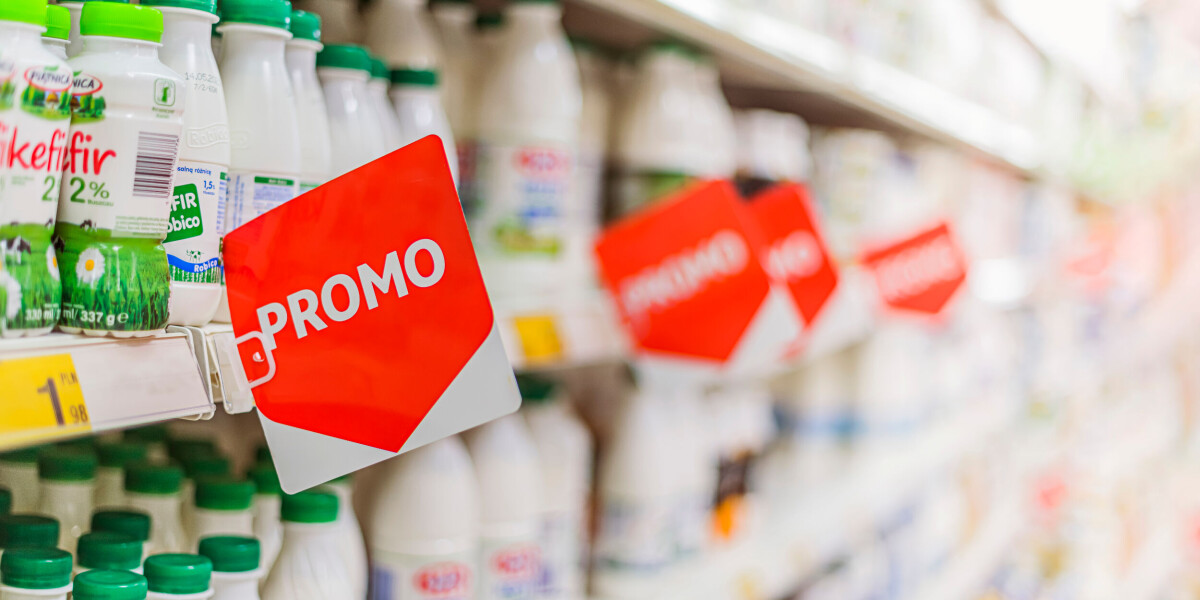
- Select a language for the TTS:
- UK English Female
- UK English Male
- US English Female
- US English Male
- Australian Female
- Australian Male
- Language selected: (auto detect) - EN
Play all audios:
ONE OF THE MOST COMMON FOOD ADDITIVES, PRESENT IN THOUSANDS OF PRODUCTS, COULD PROMOTE THE DEVELOPMENT OF AUTOIMMUNE CONDITIONS DO YOU RECEIVE THE CONNEXION'S FREE WEEKDAY NEWSLETTER?
Sign up here E551 is an anti-caking agent which prevents the formation of lumps. Also known as silicon dioxide, it was previously believed to be completely safe and is used without
restrictions in many dry and powdered foods, including soups, spices, cereal-based infant formula, instant coffee, cocoa mix, and freeze-dried pasta. However, a new study by the French
National Institute for Agriculture, Food, and Environment (Inrae) and McMaster University in Canada has shown it can potentially damage the digestive system. Read more: Can I be reimbursed
for gluten-free diet products in France? They exposed mice to E551 on a daily basis for three months, and found the animals showed lower oral tolerance to dietary proteins and greater levels
of intestinal inflammation. Over time, they concluded, this could promote the development of coeliac disease in people genetically predisposed to the condition. The findings of the
pioneering study will be presented to food safety agencies, such as the European Food Safety Authority, and it will be up to them to reconsider whether E551 is truly a ‘safe’ additive. Eric
Houdeau, a director of research at Inrae, explained that E551 was shown to reduce the number of intestinal immune cells responsible for producing the anti-inflammatory compounds needed to
prevent gut reactivity. “Nutrients, mainly proteins such as gluten, found in food are accepted by our immune system in the digestive tract, because they are usually harmless,” he said. “If
not, feeding ourselves would be impossible as the body would reject these nutrients and we would constantly have stomach aches and inflammations in the intestine. “This oral tolerance to
proteins develops from birth and helps the body distinguish potential pathogens from important and innocuous nutrients. When this oral tolerance is reduced, it can lead to the body
developing allergies, intolerances or autoimmune disorders.” Coeliac disease occurs only in people genetically predisposed to it. Around 40% of the population falls into this category but
only about 1% are diagnosed with the disease because the symptoms do not necessarily develop severely enough. There is no treatment or cure – the only option is to cut gluten from your daily
food intake. E551 can be found in the list of ingredients of around 2,600 processed food products in Europe but it is also used in the transformation process of many more foods, and it is
not included in the list of ingredients in this case. Consumers could, therefore, be exposed to low quantities of E551 on a daily basis.


:max_bytes(150000):strip_icc():focal(999x0:1001x2)/gettyimages-134295246-1-2000-8022eb43e37c4da39ec89b7c1d97a244.jpg)




:max_bytes(150000):strip_icc():focal(319x0:321x2)/people_social_image-60e0c8af9eb14624a5b55f2c29dbe25b.png)
